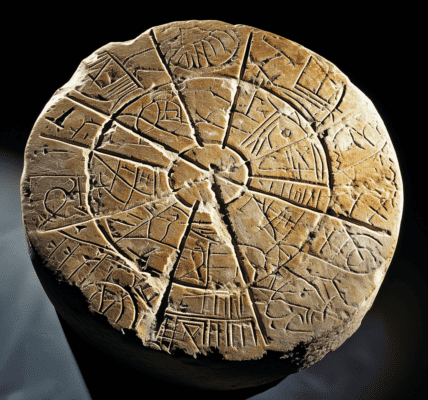Hybrid Intelligence: A Promising Solution for Reconciling Biodiversity and Agricultural Productivity
Pioneering Approach to Conflicting Goals
Preserving biodiversity without reducing agricultural productivity has long been a challenge due to the complex socio-ecological system of agriculture. However, a research team at the Technical University of Munich and the University of Hohenheim has proposed a promising solution using hybrid intelligence to reconcile these goals simultaneously.
The team, led by Prof. Thomas Berger, an agricultural economist at the University of Hohenheim, emphasizes the need for further development of artificial intelligence in combination with collective human judgment. This approach, known as hybrid intelligence, aims to address the disconnect and fragmentation of available data from remote sensing, proximal sensing, and statistical surveys.
One of the key challenges lies in the different planning horizons between short- and medium-term economic objectives at the field and farm level, and the long-term ecological effects at the landscape level. Prof. Senthold Asseng from the Technical University of Munich’s Chair of Digital Agriculture highlights the importance of understanding the interactions of multiple farms in terms of space and time to better address ecological concerns.
Furthermore, the lack of cross-farm coordination for agri-environmental measures poses a significant obstacle. According to Prof. Claudia Bieling from the Hohenheim Department of Societal Transition and Agriculture, this situation represents a social dilemma, as individual stakeholders may be reluctant to forgo productivity for the common public good of biodiversity conservation.
Addressing the complexity of the problem requires interdisciplinary expertise, encompassing ecological, economic, and social science perspectives. The research team’s innovative approach holds the potential to revolutionize the intersection of biodiversity and agriculture, paving the way for sustainable and mutually beneficial solutions.





